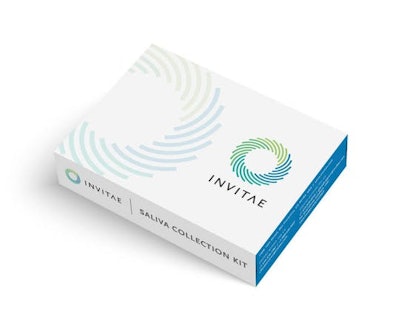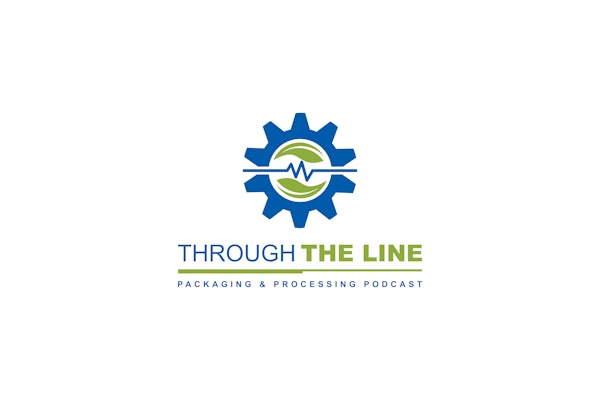Cancer is a major health concern, and identifying hereditary variants has become increasingly important for early detection and intervention. According to a recent Inside Precision Medicine article, the FDA has approved the first blood test to help, called the Invitae Common Hereditary Cancers Panel. The test can find DNA variants in 47 genes associated with an elevated risk of developing certain types of cancer, while also identifying potential hereditary variants linked to cancer.
The FDA granted de novo marketing authorization for the test, creating a new regulatory classification. The agency is also establishing special controls related to labeling and performance testing. The test uses next-generation sequencing to assess multiple genes in a single test, providing insights into genetic variants with sensitivity and speed. However, there are potential risks, including false positive or false negative results, as well as a risk of misunderstanding the test results. False negatives could lead to a false sense of security, resulting in inadequate surveillance or clinical management for patients at risk of hereditary cancers.






















